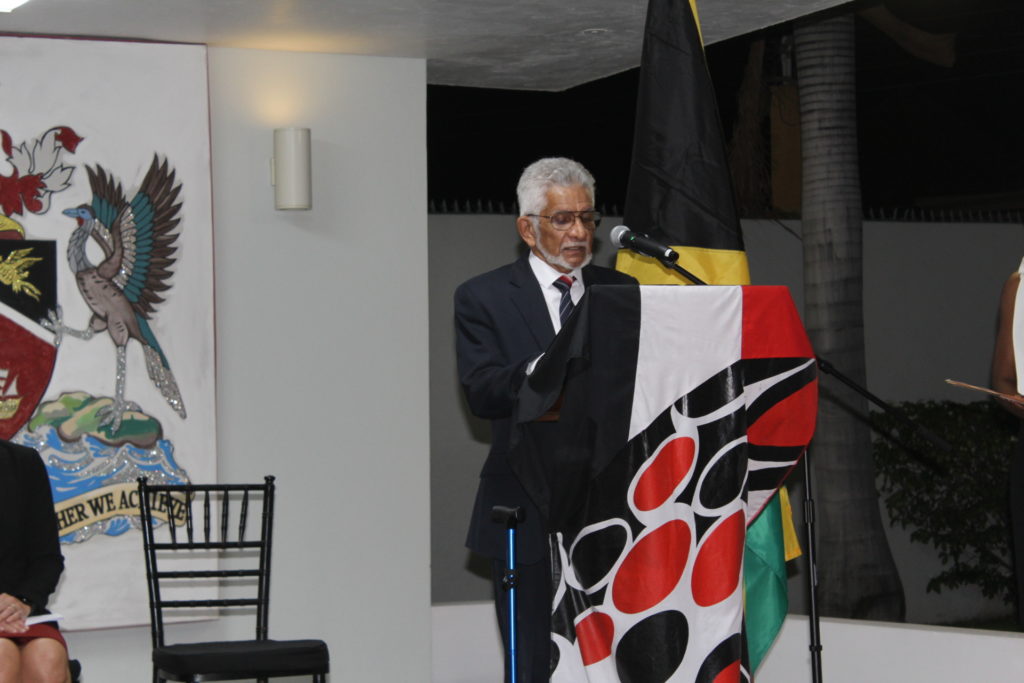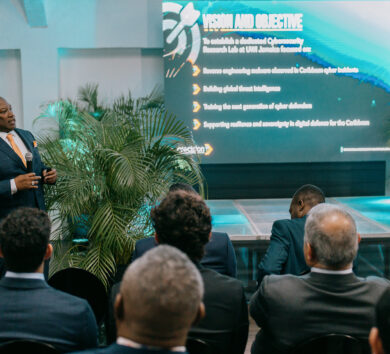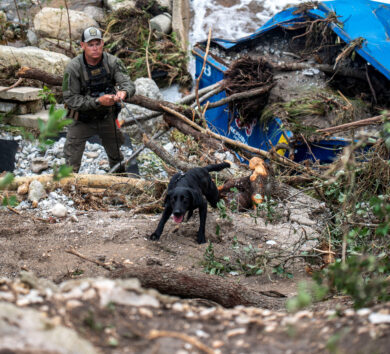
International Seabed Authority closed off two weeks of negotiation

Durrant Pate/ Contributor
No agreement or consensus has been reached regarding deep sea mining, in spite of two weeks of negotiations in Jamaica at the International Seabed Authority.
The ISA, the sole United Nations organ based in Jamaica on Friday (March 31) wrapped up two weeks of negotiations, amid protests by environmentalists in Kingston, where the meeting was taking place, for there to be no permission on deep sea mining.
This most recent session of the ISA has closed without approving rules and regulations to oversee deep sea mining amid growing calls to pause, ban or place a moratorium on the quest to extract minerals from the Earth’s watery depths that are used in green technology like electric car batteries.
Pressure mounting on ISA

Pressure is mounting on the ISA to pause plans to open the world’s deep seas to mining, as companies push for permission to extract metals from seabeds in international waters. Environmentalists are pushing for a ban or the imposition of a moratorium on the potential deep sea mining of minerals used in green technology like electric car batteries.
While the first exploration licenses for deep sea mining were issued in 2001, the ISA is yet to receive an application for actual mining. Individual countries and private companies can start applying for provisional licenses on July 10 if the U.N. body does not approve a set of rules and regulations by July 9, which experts say is highly unlikely since they believe the process could take several years.
Scientists worry that deep sea mining would disrupt crititcal exosystems that regulate climate change, and a growing number of countries are siding with them, including France, Spain, Germany, Costa Rica and the Dominican Republic.
Country positions articulated

The Associated Press quoted Deryck Lance Murray, the Trinidad and Tobago representatives to the ISA’s as saying, “we know what a crucial period…the council is in at the moment,” Deryck Lance Murray, the authority’s representative for Trinidad and Tobago at the closing meeting on Friday.
“When in doubt, favor nature,” declared the Dominican Republic’s ISA rep, Edward Aníbal Pérez at the closing meeting on Friday, arguing that while he is aware of the importance of certain minerals given that mankind is on the brink of an energetic transition, deep sea mining is not the sole alternative to meet growing demand.

The Associated Press reported that earlier, France’s representative, Olivier Guyonvarch, said a lack of data on deep sea ecosystems and species prevents a fact-based analysis of potential damage that such mining might cause noting, scientists are uncovering an extraordinary diversity of life in the largely unexplored and unstudied depths of the ocean.”
Guyonvarch acknowledged that scientists already know the deep sea plays a large role in mitigating climate change by storing large amounts of carbon.
30 exploration licenses issued
More than 30 exploration licenses have been issued so far with activity mostly focused in an area called the Clarion-Clipperton Fracture Zone, which spans 1.7 million square miles (4.5 million square kilometers) between Hawaii and Mexico. Exploration there has been occurring at depths ranging from 13,000 to 19,000 feet (4,000 to 6,000 meters).
The rush and demand for minerals come as a growing number of countries and companies turn to green energy in a bid to reduce pollution. Demand for minerals including lithium, cobalt and nickel is expected to increase from less than 10 million metric tons to some 150 million metric tons between 2020 and 2050, according to Columbia University’s Center on Global Energy Policy.

More than a dozen countries have officially called for a ban, pause or moratorium on deep sea mining, although it’s unclear how many other countries support such mining. While there are 36 members on the authority’s council that have the power to award contracts to governments and private companies, only 12 votes
in favor of deep sea mining are needed for it to pass, according to Deep Sea Conservation Coalition, a Netherlands-based alliance of environmental groups.







Comments